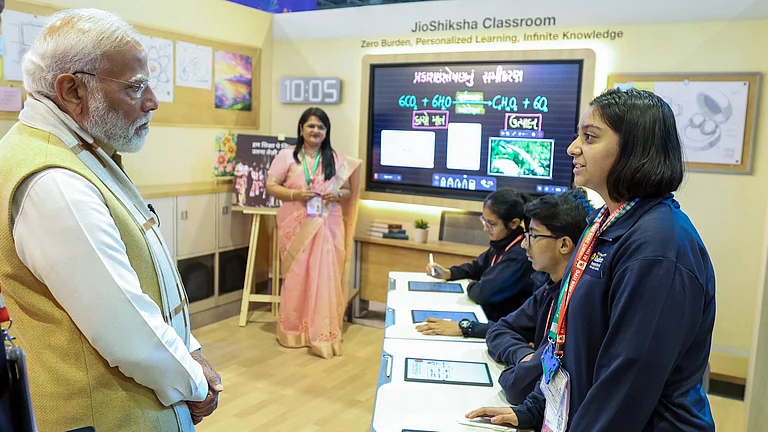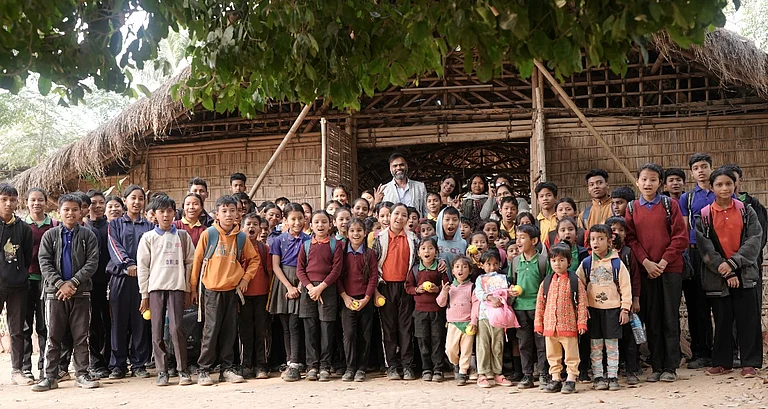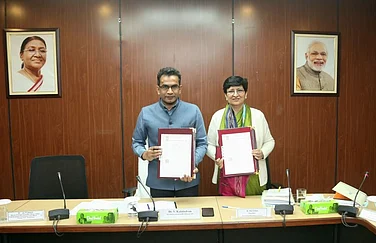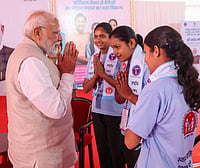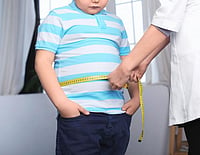Years after Indian-manufactured cough syrups were linked to the deaths of children abroad, the World Health Organization (WHO) has once again raised alarm over contaminated syrups produced in India.
In its latest global alert, the WHO has identified three paediatric formulations contaminated with diethylene glycol (DEG) — a toxic industrial chemical — and linked them to the recent deaths of at least 20 children in Madhya Pradesh.
The contaminated syrups include Coldrif (manufactured by Sresan Pharmaceuticals), Respifresh TR (Rednex Pharmaceuticals), and ReLife (Shape Pharma). The WHO has advised health authorities worldwide to report immediately if these products are found within their borders.
On October 8, India’s Central Drugs Standard Control Organization (CDSCO) reported to WHO that DEG had been detected in at least three oral liquid medicines reportedly consumed by the affected children.
DEG, often used in industrial solvents, is highly toxic when ingested and can lead to acute kidney injury, neurological complications, and death, particularly among children.
“These contaminated products pose significant risks to patients and can cause severe and potentially life-threatening illness,” the WHO warned in its official alert.
In response to the deaths, the Madhya Pradesh government has banned the sale of Coldrif syrup and related products. The manufacturing licence of Sresan Pharmaceuticals, based in Tamil Nadu, has been revoked, and the firm’s owner, G. Ranganathan, has been arrested. A local doctor has also been taken into custody in connection with the case.
This incident comes in the wake of similar tragedies in Gambia and Uzbekistan, where Indian-made syrups containing DEG and ethylene glycol were linked to child fatalities, prompting international scrutiny and regulatory action.
India’s Union Health Ministry has since issued an advisory to all States and Union Territories, urging healthcare providers to exercise caution while prescribing cough and cold medications, especially to children below the age of two. WHO has further stated that such medications are generally not recommended for children under five.
“CDSCO has confirmed that relevant state authorities have ordered an immediate halt to production at implicated manufacturing sites and have suspended product authorisations,” the WHO said.
The WHO’s global alert emphasises the need for stringent quality control, particularly in products intended for paediatric use. It has also urged national regulatory authorities to inform WHO immediately if any of the contaminated batches are detected in their supply chains.
The National Human Rights Commission (NHRC) in India has already taken suo motu cognisance of the issue. Invoking Section 12 of the Protection of Human Rights Act, 1993, the Commission has directed the affected states to collect and test syrup samples, suspend distribution, and submit an Action Taken Report within two weeks.
The NHRC has also called on the Drugs Controller General of India (DCGI) to investigate the entire supply chain and regulatory processes linked to the contaminated medicines.
In the wake of the deaths of the kids, public health experts have called for stronger oversight of pharmaceutical manufacturing, more rigorous batch testing, and greater public awareness around the use of over-the-counter medications for children.









